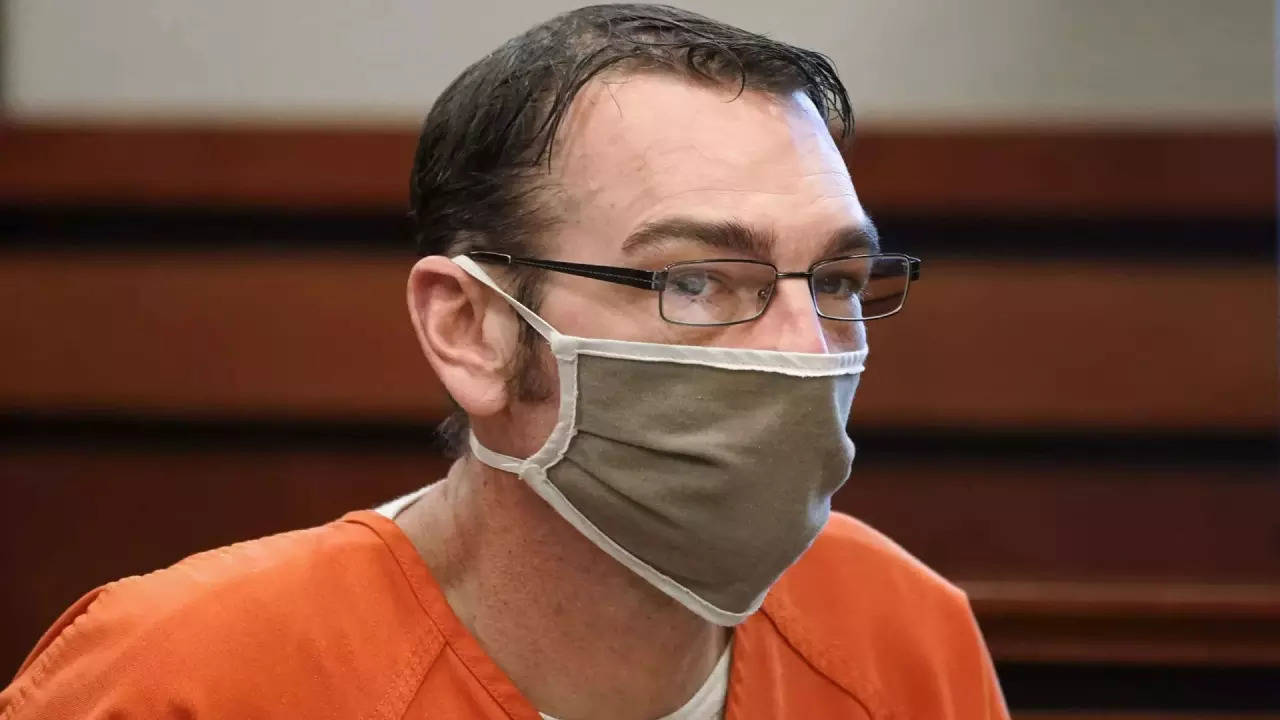"India, Pak Must Avoid Escalation": US On PM's Terrorists Killing Remarks
The US has encouraged India and Pakistan to avoid escalation and find a resolution through dialogue, US State Department spokesperson Matthew Miller said on Tuesday.

The US has encouraged India and Pakistan to avoid escalation and find a resolution through dialogue, US State Department spokesperson Matthew Miller said on Tuesday.
Asked whether the Biden administration is concerned about Prime Minister Narendra Modi and Defence Minister Rajnath Singh's remarks that India will not hesitate to kill terrorists in their homes, Miller said, "As I have said before, the United States is not going to get into the middle of this. But we do encourage both India and Pakistan to avoid escalation and find a resolution through dialogue."
Miller, while addressing a press briefing, said that he will never preview any sanction actions and that the "US does not discuss sanctions openly."
When asked why the US has not imposed any sanctions on India over the alleged assassination plot of Khalistani terrorist Gurpatwant Singh Pannun, Miller, said, "I am never going to preview any sanction actions, which is not to say that there are any coming, but when you ask me to talk about sanctions, it's something that we don't discuss openly."
Gurpatwant Singh Pannun is an India-designated terrorist and has repeatedly issued threats against India. As per the US Justice Department indictment, an Indian national, Nikhil Gupta, who is currently in custody, has been charged with the murder-for-hire of Pannun.
The US Justice Department had earlier claimed that an Indian government employee, who was not identified in the indictment filed, had recruited Gupta to hire a hitman to allegedly assassinate Pannun, which was foiled by US authorities. Last year, India formed a committee to inquire into the allegations of the foiled assassination plot.
On April 11, PM Modi said that in the 10 years of the BJP government at the Centre, "terrorists are being killed in their own homes." Addressing a public rally in Uttarakhand's Rishikesh, PM Modi highlighted the major decisions taken by his government, emphasising that it was under the NDA regime that Article 370 was abrogated from Jammu and Kashmir.
"Today, there is a strong government in the country. Under this 'mazboot Modi sarkar, aatankwaadiyon ko ghar mein ghus ke mara jata hai'. The Indian tricolour has become a guarantee of security even in the war zone. After seven decades, Article 370 was scrapped from Jammu and Kashmir and a law was made against triple talaq. It was our strong government that ensured 33 per cent reservation in Parliament and the poor in the general category also got 10 per cent reservation," the PM had said.
India has repeatedly emphasised that it will not tolerate cross-border terrorism and that it cannot keep aside terrorism to improve ties with Islamabad. New Delhi has also said the onus is on Islamabad to create a conducive atmosphere in which there is no terror, hostility, or violence.
In an interview with ANI, Rajnath Singh said if Pakistan's intention is clear, it should act decisively against cross-border terrorism.
"If Pakistan attempts to destabilise India through terrorism, it will have to face the consequences. Pakistan needs to control terrorism. If Pakistan thinks that it is not capable of controlling it, if they feel they are not capable, then India is a neighbour, if they want to take India's help, they should. India is ready to provide all assistance to combat terrorism," Singh had said.
"They are our neighbours, and if their intention is clear that terrorism should end, they should do that themselves or take help from India. We both can end terrorism. But this is their call; I am just giving a suggestion," he added.
Asked about his 'Ghus Ke Maarenge' remarks made in a recent TV interview, Rajnath Singh said that India will do everything to combat terrorism.
"We won't allow terrorists to operate within Indian borders. We will do everything to stop it," he said. Asked if such action can be taken across the border, he said, "We will see what happens."
(Except for the headline, this story has not been edited by NDTV staff and is published from a syndicated feed.)


































![Safari Thorium Neo 8-Wheel Luggage Set Trolley Bags (Set of 3) at just Rs. 5,599 [MRP 29,100]](https://savefree.in/uploads/images/202409/image_870x580_66f63845060f0.webp?#)












![Handmade Brown Mango Wood Chopping Board At just Rs. 89 [MRP 599]](http://savefree.in/uploads/images/202303/image_870x580_641bf7e9c2206.jpg?#)


